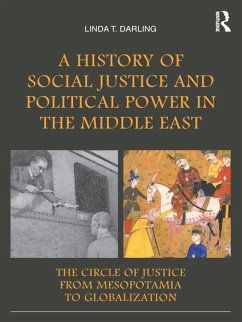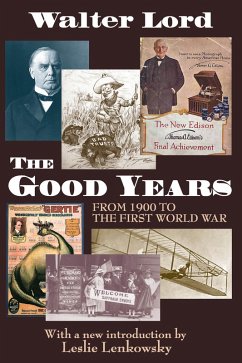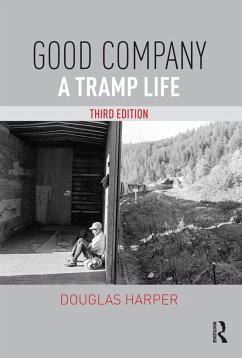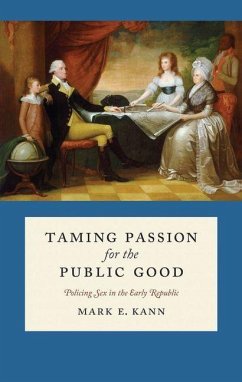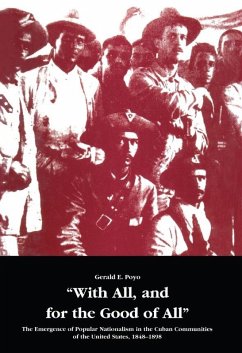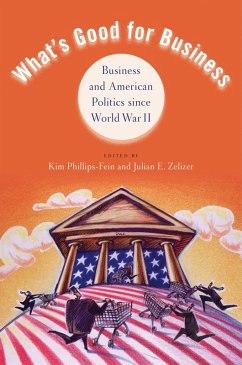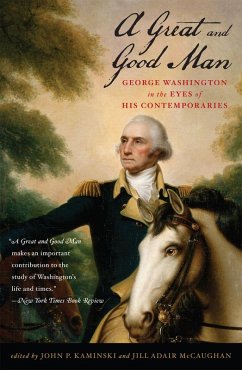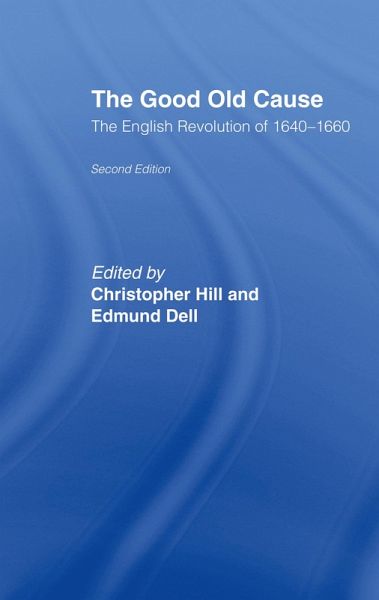
The Good Old Cause (eBook, PDF)
English Revolution of 1640-1660
Redaktion: Dell, Edmund; Hill, Christopher
Versandkostenfrei!
Sofort per Download lieferbar
24,95 €
inkl. MwSt.
Weitere Ausgaben:

PAYBACK Punkte
12 °P sammeln!
This book examines the English revolution from 1640-1660, with particualr attenion to the social structure of England at the time.
Dieser Download kann aus rechtlichen Gründen nur mit Rechnungsadresse in A, B, BG, CY, CZ, D, DK, EW, E, FIN, F, GR, HR, H, IRL, I, LT, L, LR, M, NL, PL, P, R, S, SLO, SK ausgeliefert werden.




